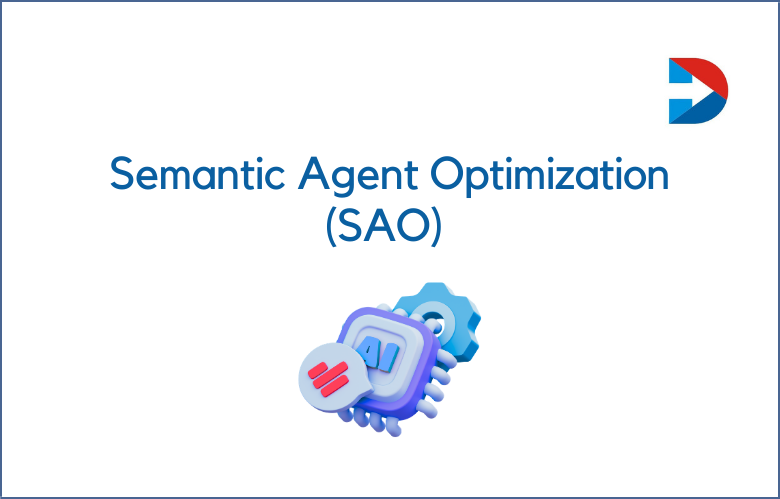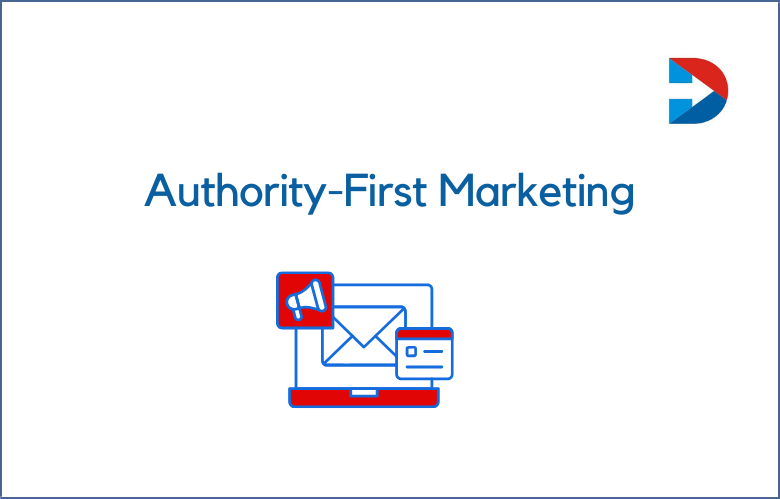
Resource planning is a critical element of digital marketing that should be noticed. When developing a digital marketing strategy, it is essential to determine the resources you need, how they will be allocated, and what specific tasks they will be used for.
Resource planning enables businesses to achieve their goals efficiently and effectively while fulfilling their budget.
What is Resource Planning in Digital Marketing?
Resource planning refers to businesses’ strategic decision-making process for allocating resources, assigning them to specific tasks, and optimizing their performance.
The term “resource” includes human, financial, and technological resources needed to develop and execute a successful digital marketing strategy.
Importance of Resource Planning
Resource planning is essential in digital marketing because it ensures businesses achieve their goals while minimizing costs.
When resources are spread out poorly or allocated inadequately, they can be wasted, and the digital marketing strategy may need to be more effective than intended.
Therefore, businesses that want to achieve their marketing objectives and generate high ROI must have a well-defined resource plan.
How Resource Planning Can Help Improve Digital Marketing Campaigns
Through resource planning, businesses can optimize their resources adequately to achieve their desired outcomes.
For instance, by allocating more resources to digital ads, a business can reach a broader audience, giving them an advantage over their competitors. Resource planning can also eliminate redundancies while ensuring every resource is used effectively.
Understanding Resource Planning in Digital Marketing
Digital marketing has become an indispensable part of modern businesses. With millions of active users on the Internet every day, it is not surprising that digital marketing is rapidly replacing traditional marketing techniques.
However, the success of digital marketing initiatives depends on various factors, including efficient planning and implementation.
Resource planning, in particular, is a crucial element to consider when implementing digital marketing strategies. I will examine what resource planning in digital marketing means, why it is essential, and how to do it effectively.
Importance of Resource Planning in Digital Marketing
Resource planning has multiple benefits in digital marketing. First, it enables digital marketing teams to prioritize their tasks and allocate resources where they are needed most.
Secondly, resource planning helps identify potential risks and challenges that may hinder the success of a digital marketing campaign.
Thirdly, it also ensures that resources are used optimally, saving costs and increasing ROI. Lastly, resource planning helps measure a digital marketing campaign’s effectiveness and make necessary adjustments.
Resource Planning in Digital Marketing: An Essential Guide
Resource planning is a critical aspect of successful digital marketing. It refers to allocating and optimizing resources for specific marketing goals and objectives, including staff, time, and budgets.
Whether you are a small business or a large corporation, effective resource planning can help you maximize your ROI, streamline processes, and build a strong brand identity in the digital landscape.
This article will discuss resource planning, its importance, and how it can benefit your marketing efforts.
Factors to Consider When Resource Planning in Digital Marketing
Budget –
Before embarking on a marketing campaign, businesses should determine the amount they are willing to spend on that campaign. Knowing your budget will make it easier to allocate resources appropriately and determine areas where you need to cut back or expand.
Team Members –
Knowing your team members’ skills, strengths, and weaknesses will help you assign specific tasks to individuals best equipped to handle them. This will ensure optimal resource use and increased productivity.
Goals-
Resource planning must align with the business’s long-term and short-term goals. A well-defined digital marketing strategy should clearly outline the business’s marketing objectives, and the resource plan should reflect these goals.
Resource Planning Techniques
You can use various resource planning techniques, depending on your business needs. These include:
Project management tools:
Using digital project management tools can help you manage your resources and team members more efficiently. Trello, Asana, and Basecamp can help you track tasks, communicate with team members, and monitor real-time progress.
Skill mapping:
Skill mapping involves analyzing the skills of each team member and mapping them against the project’s requirements. This technique helps identify any skills gaps in your team and provides insights into the kind of training or development that may be required.
Capacity planning:
This technique involves forecasting the demand for resources and ensuring that the correct amount is available at the right time. This can help prevent overloading your team members and ensure you have enough resources to manage unforeseen contingencies.
Strategies for Effective Resource Planning in Digital Marketing
To do resource planning effectively, digital marketing teams need to consider the following strategies:
Identify Goals and Objectives:
The first step is to identify the digital marketing campaign’s goals and objectives. This helps determine what resources will be needed to achieve the desired results.
Allocate Resources:
After identifying the goals and objectives, the next step is to assign resources to various tasks and activities. This ensures that all resources are efficiently utilized and that no job is incomplete.
Plan Budgets:
Another critical element of resource planning is budget allocation. Digital marketing teams need to plan their budgets efficiently to avoid overspending and to achieve the desired ROI.
Adopt Agile Methodology:
The agile methodology involves working in short iterations or sprints, which enables digital marketing teams to adjust their plans and strategies quickly. This makes it easier to adapt to rapidly changing market conditions and to optimize resource usage.
Measure Metrics:
Measuring metrics like clicks, conversions, and engagement rates regularly helps identify a digital marketing campaign’s effectiveness and make necessary adjustments.
Conclusion:
Resource planning is critical to the success of digital marketing campaigns. Identifying, organizing, and allocating resources efficiently is essential to achieving a digital marketing campaign’s desired goals and objectives.
By following the strategies outlined, Digital marketing teams can optimize their resource planning efforts to achieve maximum ROI.
Resource planning is a critical element in digital marketing that enables businesses to achieve their desired results efficiently while minimizing costs.
Therefore, it is essential to determine the resources you need, allocate them effectively, and optimize their use to achieve your marketing goals. With a well-defined resource plan that considers budget, team members, and goals, businesses can enhance their digital marketing campaigns and gain a competitive edge.
To find such a service through our “Resource Planning in Digital Marketing” for 2024 Success, get our appointment now.
Please email us at info@dotndot.com or call us at +919848321284.



